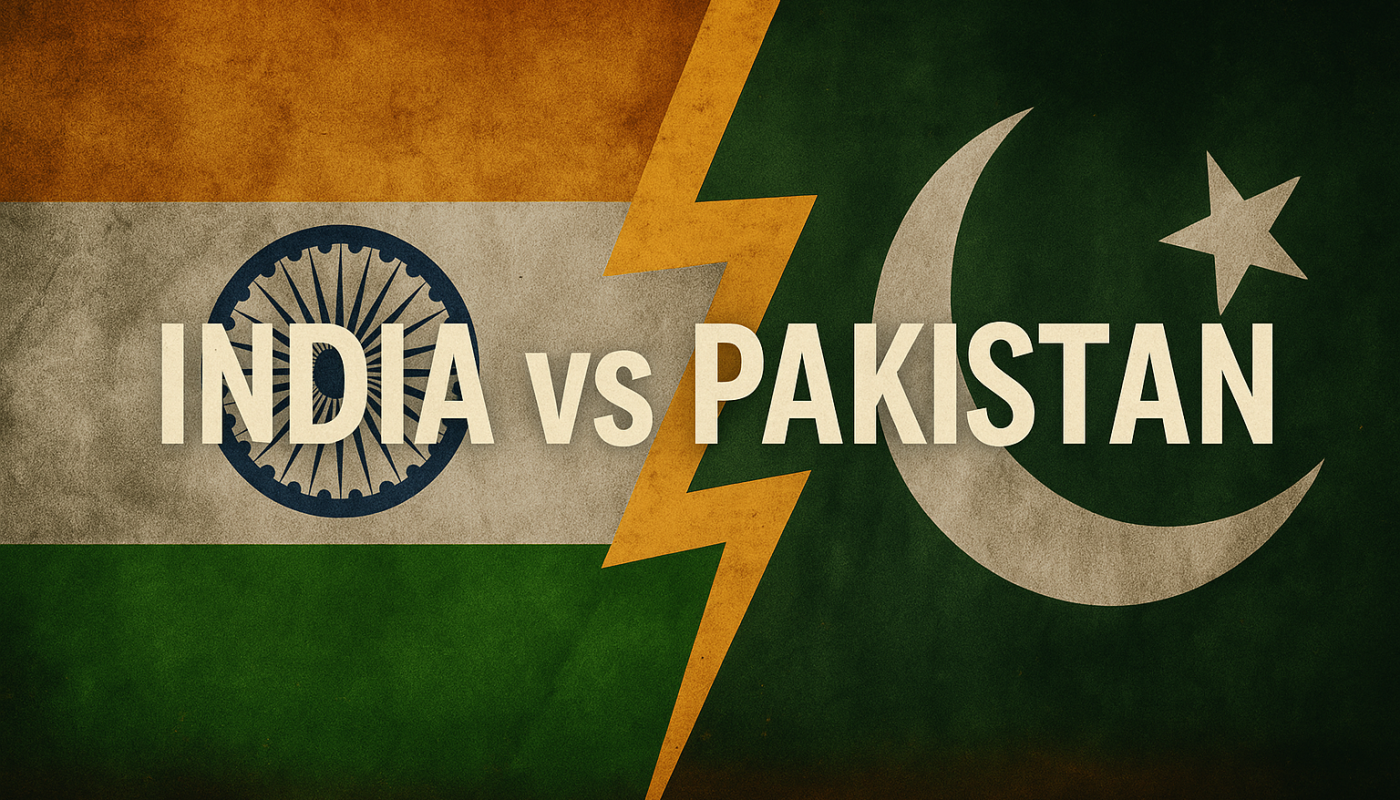Whenever we see an increase in tension between India and Pakistan, it causes a media frenzy but also large-scale uncertainty in the financial markets. Although war’s emotional and political elements are very much a cause for worry, also of great import is to see how these events play out in terms of your own investments, savings, and the larger Indian economy.
This post looks at the economic impacts of a possible India-Pakistan war and what investors, business owners, and average citizens should get ready for.
💣 War and the Economy: What is at risk?
War is a financial issue as well as a military one. Defense spending goes up, trade routes are broken, investor confidence falls, and we see inflation rise. In the case of India’s full-scale conflict, we may see the following play out:.
Market Volatility in Stocks.
Short-term panic selling: Investors tend to withdraw from equities in times of geopolitical crisis.
Defence stocks boom: Companies in the defense industry may see growth.
Safe-haven assets gain: Gold, U.S. dollars, and government bonds see to it that money flows in.
Currency Force.
The Indian rupee is seeing a decline, which is mainly attributed to increased import prices (especially of oil) and capital flight.
This erodes purchasing power and pushes up inflation.
Oil Prices Soar.
India imports in the range of 85% of its crude oil needs. War can bring global supply chains into disruption and also at times creates a feeling of instability in oil-producing countries, which results in a rise in oil prices that in turn affects:.
1. Transportation costs
2. Manufacturing inputs
3. Household expenses (fuel, LPG)
Economic inflation and interest rates.
~ RBI may have to increase interest rates which in turn will raise loan prices.
~ Your EMIS and the issue of cost is on the table.
~ Past India-Pakistan clashes and markets’ reaction to them.
~ Event Year Sensex Reaction
~ The Kargil War in 1999 saw 286 of its men fall, which we had to replace in the early days but within 2 months we had them back.
~ Pulwama attack in 2019 saw a sharp drop, which then recovered within weeks.
Surgical Strikes 2016: Short drop, then the market stabilized.
Markets tend to react with panic for a while, which is what we see at present, but that is not to say you should dismiss the risks.
💼 What Should Investors Do?
~ Avoid panic selling: Stay in top quality companies which have strong fundamentals.
~ Diversify your portfolio: Include precious metals, international reserves and debt issues.
~ Build up your emergency fund in uncertain times you need liquidity.
~ Track defence and infrastructure sectors: During times of conflict.
🇮🇳 Economic Resilience: India’s Power.
In times of war which destabilize societies very easily, India has put forth economic resilient models. Also with a large domestic market, high foreign reserves, and into the age of digital transformation, India is better placed today than ever before.
For the most part for the average Indian it’s still wise to:.
!. Keep personal finances flexible.
2. Minimise high-risk investments
3. Stay tuned for policy updates and global market responses.

🧠 Final Thought: Financial planning is also a form of patriotism.
While we have brave soldiers protecting the borders it is up to us to secure our financial futures. In times of crisis smart money moves just as in strategic defense can make all the difference.
Financial literacy is a form of today’s resilience which includes better budgeting, diversifying your portfolio, or investing in knowledge.
Stay alert. Stay ready. At YourMoneyMantra.com we are with you through each financial storm economic or geopolitical.
Disclaimer:
The content provided on this blog is for informational and educational purposes only and does not constitute financial, investment, legal, or tax advice. While we strive to ensure accuracy, we make no guarantees regarding the completeness, reliability, or suitability of any information on this site. Always consult with a registered financial advisor or professional before making any financial decisions. We are not liable for any losses or damages related to actions taken based on the content of this blog.




